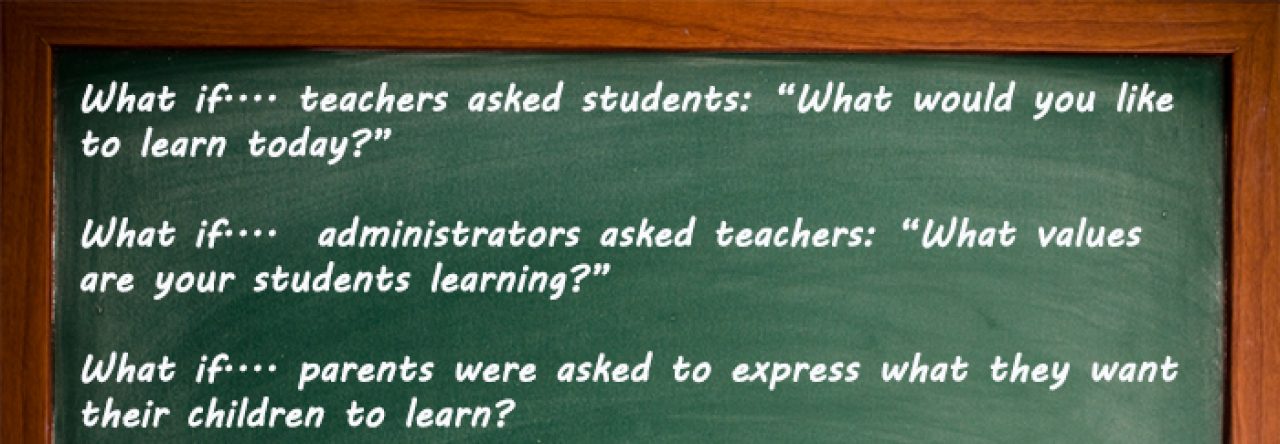Creativity and Imagination in the curriculum
The curriculum is made up of the different syllabuses in which we teach from. They contain the outcomes students are required to achieve. As teachers we use the syllabuses as a guide in developing teaching and learning programs that best suit the needs of our students. Creativity and imagination are behaviours we want to foster in our students and within the school culture. While we might not always find explicit evidence of creativity and imagination in the curriculums, it is implied in the skills that students need. Using the syllabuses, teachers need to be creative in their teaching to allow creative learning to take place, which in turn leads to teachers teaching for creativity.
Tables below show how creativity and imagination are represented in:
- a) NSW Curriculum
- b) Australian Curriculum
- c) Two International Curriculums – The International Baccalaureate, Singapore Curriculum.
The NSW curriculum includes creative and imaginative behaviours both explicitly and implicitly. The subjects that are typically known as the ‘creative’ subjects such as English and Drama, clearly define the knowledge, skills and understanding students need to develop, are imagination and creativity. While Maths, PD/H/PE and History imply the use of imaginative and creative behaviours by referring to problem solving, perseverance, questioning etc., which are skills needed for imaginative and creative behaviour.
NSW Curriculum |
|
| Explicitly Represented | Implicitly Represented |
| English
· Students will develop knowledge, understanding and skills in order to think in ways that are imaginative, creative, interpretive and critical. · Students will value and appreciate the independence gained from thinking imaginatively, creatively, interpretively and critically. Drama · Students will develop knowledge, skills and understanding in making drama collaboratively by taking on roles and creating imagined situations shaped by the elements of drama. ·
|
Maths
· Students will develop understanding and fluency in mathematics through inquiry, exploring and connecting mathematical concepts, choosing and applying problem-solving skills and mathematical techniques, communication and reasoning. · Students will develop and demonstrate perseverance in undertaking mathematical challenges. PD/H/PE Students develop problem-solving skills by: gathering relevant information by observing, questioning and researching; generating alternative ways of resolving problems; using a range of problem-solving strategies; selecting the most appropriate solution; identifying people who can assist; carrying out a plan and reflecting on the results. History · Students will value and appreciate the nature of history as reflecting differing perspectives and viewpoints.
|
